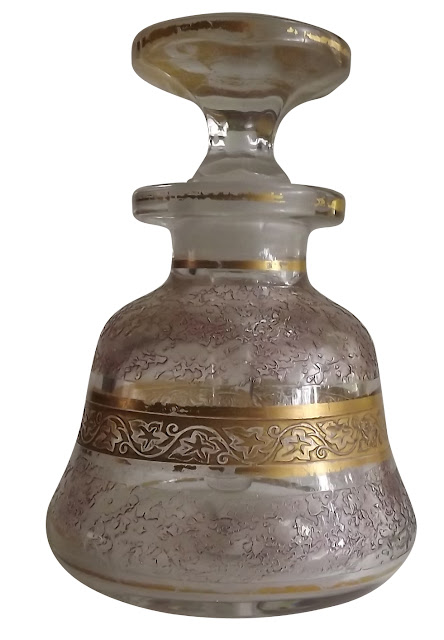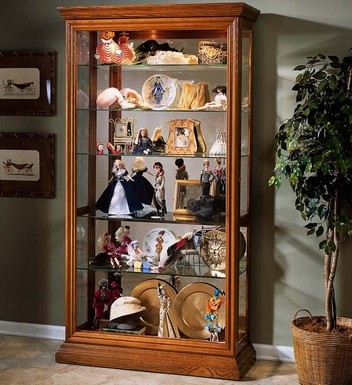Frankincense Friday - Little Frankie is leafing out after waking up from his dormant period

On December 19, 2011, I wrote about the arrival of my little frankincense tree. Click here to read and see the photo. Even for a dormant tree, Little Frankie looked pretty poorly. The heat pack that he was shipped with torched his growing tip, and fried his few remaining leaves. I potted him up in a cactus soil mix, put him on my kitchen windowsill and watered him with about a teaspoon of filtered water once or twice a week. I'm sure my housekeeper thought I was overly optimistic, as he looked like a bare, dead twig. On March 18, Jeanne Rose wrote to me via my Anya's Garden Perfumes group on Facebook, asking how my tree was doing, as she believed hers, purchased at the same time, was dead. Later that day I observed Little Frankie starting with the tiniest of leaves flushing out, and told Jeanne to have patience, perhaps her tree would come out of dormancy, too. I had been cautiously optimistic, because the dead tip, also the site of the apical me...









